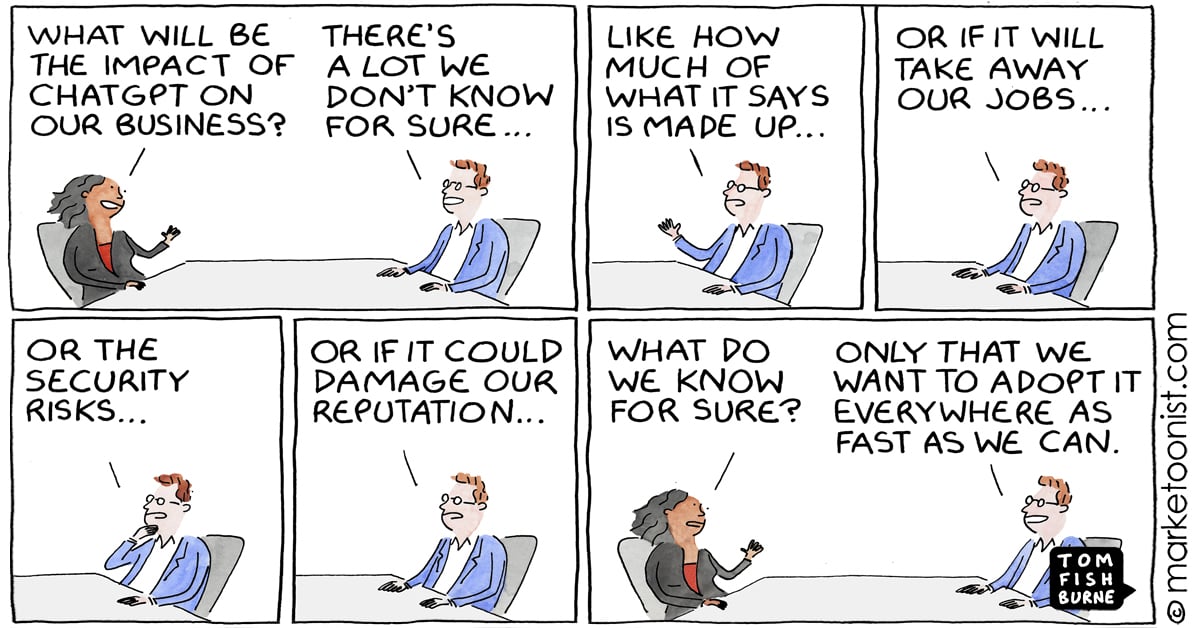China's Xi: Raising The Stakes For A Prolonged US Confrontation

Table of Contents
Xi Jinping's Consolidation of Power and Assertive Foreign Policy
Xi Jinping's consolidation of power within the Chinese Communist Party (CCP) has been a pivotal factor in shaping China's increasingly assertive foreign policy. His elimination of presidential term limits in 2018 cemented his authority, allowing for unprecedented control over the CCP and the nation's direction. This concentration of power has fueled a more nationalistic and assertive approach to international relations, often characterized by "wolf warrior diplomacy."
- Unprecedented Power Consolidation: Xi's grip on power surpasses that of any Chinese leader since Mao Zedong. This has enabled the implementation of ambitious domestic and foreign policy initiatives without the constraints of internal political checks and balances.
- National Rejuvenation: The CCP, under Xi's leadership, has placed a strong emphasis on "national rejuvenation," a vision that promotes China's rise to global prominence and reclaiming its historical place on the world stage. This ideology fuels a more assertive posture in international affairs.
- Wolf Warrior Diplomacy: This aggressive diplomatic style, characterized by forceful rhetoric and a willingness to engage in public confrontations, has become a hallmark of China's interactions with the US and other nations. This approach reflects a shift away from previous, more cautious diplomatic strategies.
- Impact on US Relations: Xi's centralized power and assertive foreign policy have directly contributed to the increased friction between China and the US, making cooperation more difficult and increasing the likelihood of miscalculation and conflict.
Key Areas of US-China Confrontation
The US-China confrontation manifests in several critical areas, each contributing to the overall sense of escalating geopolitical rivalry. These points of friction represent major challenges to global stability.
- Taiwan: China's increasingly aggressive rhetoric and military posturing surrounding Taiwan represent a significant flashpoint. The CCP's stated goal of reunification, by force if necessary, constitutes a major threat to regional peace and the established international order.
- South China Sea: China's continued expansion of its military presence and assertive claims in the South China Sea, disregarding international law and the rulings of international tribunals, fuels regional tensions and undermines the rules-based international system. This militarization destabilizes the region.
- Trade War and Technological Rivalry: The trade war initiated by the Trump administration, though somewhat eased under Biden, continues to underpin the broader economic conflict. This includes tariffs, technological decoupling efforts (restricting access to advanced technologies), and competition for global markets.
- Human Rights: Concerns over human rights abuses in Xinjiang (Uyghur population) and Hong Kong have further strained US-China relations, leading to sanctions and diplomatic tensions. These issues raise questions about China's internal governance and its commitment to international human rights norms.
- Global Influence: Both the US and China are competing for global influence, vying for strategic alliances and partnerships, and attempting to shape the international system to reflect their respective interests.
The Economic Dimension of the Confrontation
The economic dimension of the US-China confrontation is multifaceted and far-reaching.
- Trade Tariffs and Sanctions: The imposition of tariffs and sanctions by both sides has negatively impacted global trade and economic growth. The resulting uncertainty affects businesses and investment decisions worldwide.
- Technological Decoupling: The competition for technological dominance has led to efforts to decouple US and Chinese technology sectors, creating potential disruptions in global supply chains and hindering technological innovation.
- Economic Fragmentation: The ongoing conflict risks fragmenting the global economy into competing blocs, potentially undermining global economic cooperation and integration.
The Military and Geopolitical Dimension of the Confrontation
The military and geopolitical aspects of the US-China confrontation present significant risks to global security.
- China's Military Buildup: China's rapid military modernization, including its expansion of its navy and air force, poses a challenge to regional security and the balance of power in the Indo-Pacific region.
- Taiwan Strait and South China Sea: The potential for military escalation in the Taiwan Strait and South China Sea is a major concern, with the risk of miscalculation and unintended consequences.
- Nuclear Proliferation: The possibility of an arms race and nuclear proliferation in the region cannot be ignored, adding another layer of complexity and danger to the confrontation.
Potential Consequences and Global Implications
The escalating US-China confrontation carries profound implications for global stability and the international order.
- Cold War Analogy: Some analysts draw parallels between the current situation and the Cold War, suggesting the potential for a new era of great power competition and ideological conflict.
- Global Trade and Security: The economic and military dimensions of the confrontation pose significant risks to global trade, investment, and security. Supply chains are disrupted, and the potential for conflict increases.
- International Cooperation: The rivalry between the US and China could undermine international cooperation on critical global issues such as climate change, pandemics, and nuclear non-proliferation.
Conclusion
Xi Jinping's leadership has undeniably raised the stakes in the US-China confrontation, setting the stage for a potentially prolonged period of geopolitical rivalry. The issues at play—from Taiwan and the South China Sea to trade and technology—are multifaceted and deeply interconnected. The consequences of this escalating tension extend far beyond the two nations, impacting global stability and cooperation. Understanding the dynamics of China's Xi Jinping and the US confrontation is crucial for navigating the complexities of the 21st-century geopolitical landscape. Further research and informed discussion are essential to fostering a more peaceful and stable future. Continue exploring the complexities of China's Xi Jinping and the US confrontation to better understand this critical global issue.

Featured Posts
-
 I Cant Believe Marvels Potential Jean Grey Casting Choice
Apr 25, 2025
I Cant Believe Marvels Potential Jean Grey Casting Choice
Apr 25, 2025 -
 Elon Musks Robotaxi Ambitions Face Headwinds
Apr 25, 2025
Elon Musks Robotaxi Ambitions Face Headwinds
Apr 25, 2025 -
 Ftv Live Meteorologist Faces Sexual Extortion Allegations
Apr 25, 2025
Ftv Live Meteorologist Faces Sexual Extortion Allegations
Apr 25, 2025 -
 Should The Cowboys Draft Ashton Jeanty A Critical Analysis
Apr 25, 2025
Should The Cowboys Draft Ashton Jeanty A Critical Analysis
Apr 25, 2025 -
 Spider Man 4 Casting Announcement Sends Marvel Fans Into Frenzy
Apr 25, 2025
Spider Man 4 Casting Announcement Sends Marvel Fans Into Frenzy
Apr 25, 2025
Latest Posts
-
 Addressing Outdated Apps To Achieve Ai Driven Growth
Apr 30, 2025
Addressing Outdated Apps To Achieve Ai Driven Growth
Apr 30, 2025 -
 Outdated Business Applications A Barrier To Ai Advancement
Apr 30, 2025
Outdated Business Applications A Barrier To Ai Advancement
Apr 30, 2025 -
 Are Your Outdated Apps Blocking Your Ai Transformation
Apr 30, 2025
Are Your Outdated Apps Blocking Your Ai Transformation
Apr 30, 2025 -
 J D Vances Snl Future Questioned By Bowen Yang
Apr 30, 2025
J D Vances Snl Future Questioned By Bowen Yang
Apr 30, 2025 -
 The Impact Of Doug Emhoffs Dismissal From The Holocaust Memorial Council
Apr 30, 2025
The Impact Of Doug Emhoffs Dismissal From The Holocaust Memorial Council
Apr 30, 2025
